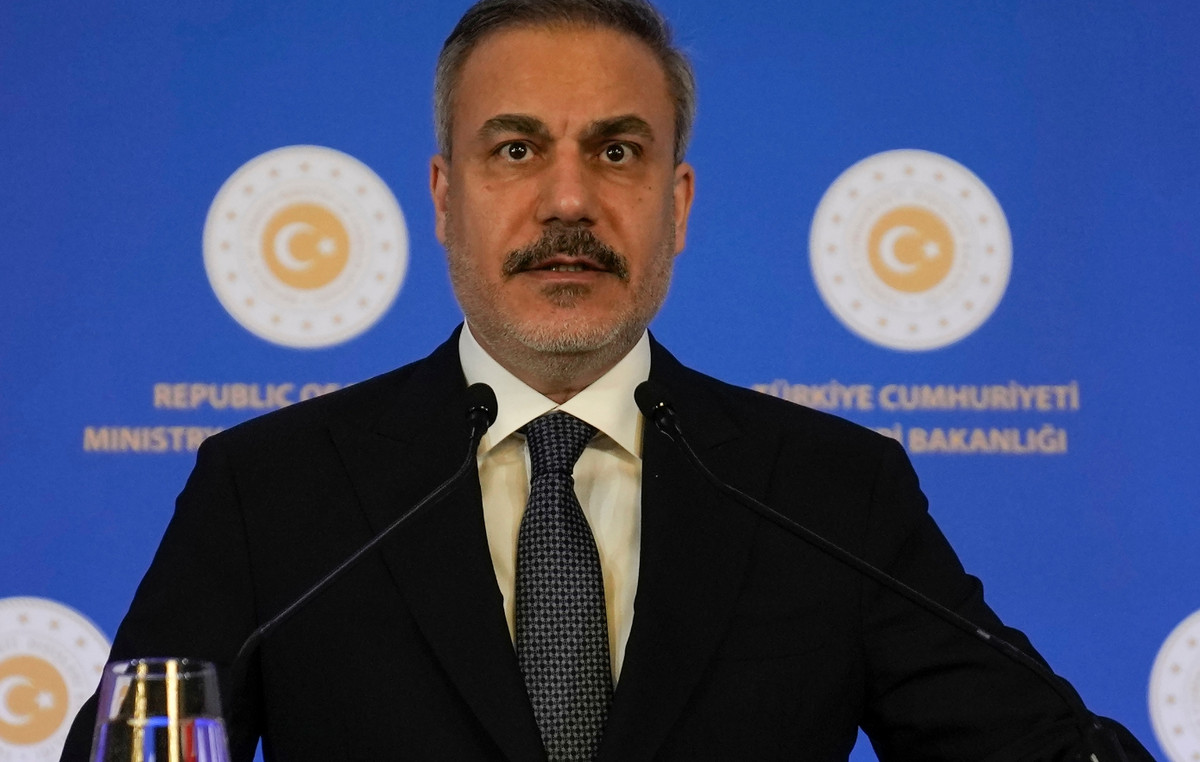The Bank for International Settlements (BIS), the body responsible for overseeing global central banks, urged major economies to press ahead with sharp interest rate hikes despite the growing threat of recessions and market volatility. exchange rate.
The Swiss-based BIS’s quarterly report acknowledged that recession and debt risks were rising, but said curbing rising global inflation remained critical.
“It is important to act in a timely and forceful manner,” said the head of the BIS’s Monetary and Economic Department, Claudio Borio. “Advancing (interest rate increases) tends to reduce the likelihood of a hard landing.”
The US Federal Reserve is expected to raise borrowing costs sharply once again this week.
His sharp monetary policy moves this year, as well as Russia’s invasion of Ukraine, have already caused widespread turmoil in the financial markets.
Asked whether there was a point where central banks would have gone too far in tightening monetary policy, Borio said that was the “1 billion, 3 billion, whatever number of billions you want to say, of dollars.”
What makes it particularly complex, he added, is that this is the first time since at least World War II that the authorities are trying to combat rising inflation at a time when debt crises are already looming and there are serious concerns about overpriced real estate markets.
Furthermore, growth forecasts have been continuously adjusted downwards, while inflation expectations have been rising.
“We know the path is quite narrow,” Borio said. “Clearly, if before there was a risk of recession, that risk has increased.”
Rapidly rising inflation, interest rates and energy prices this year triggered one of the biggest sell-offs ever in financial markets.
A special section of the BIS report pointed to the potential for more trouble ahead.
The document warned that a replacement for Russian oil would be difficult given limited idle capacity at other major producers and moderate investment in new projects.
This can lead to persistent price increases for oil-related products, while the jump in natural gas prices can have a large and prolonged impact on electricity costs and pose a major obstacle to industrial production.
Outside the United States, the dollar’s rally is adding to inflation problems and also putting pressure on heavily indebted least developed countries in dollars, which are now struggling to pay their obligations as their own currencies depreciate.
“This could lead to more pressure to tighten monetary policy to avoid a large depreciation and could also induce, as an additional tool, intervention in foreign currency, as has already occurred in several countries,” said Borio.
Source: CNN Brasil
Joe Jameson, a technology journalist with over 2 years of experience, writes for top online news websites. Specializing in the field of technology, Joe provides insights into the latest advancements in the industry. Currently, he contributes to covering the world stock market.







